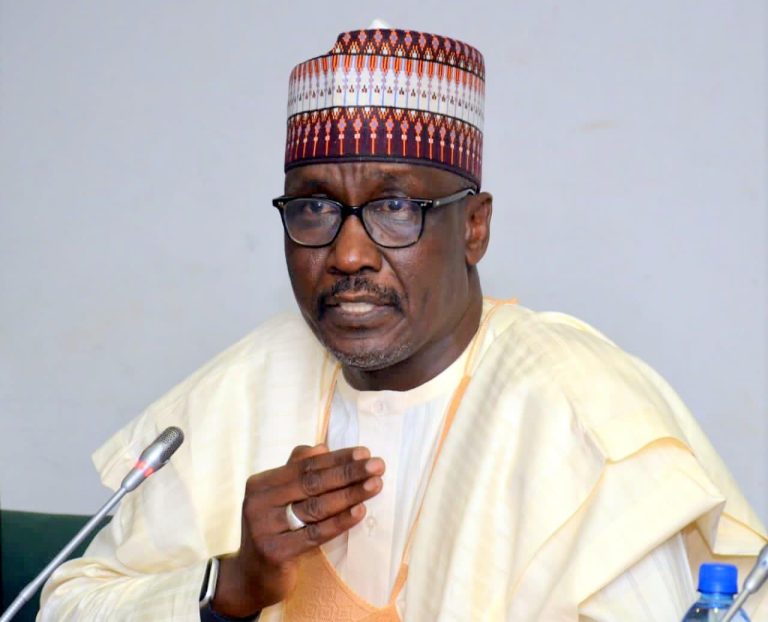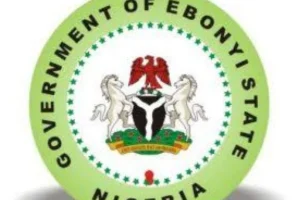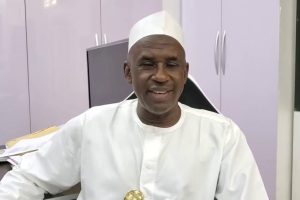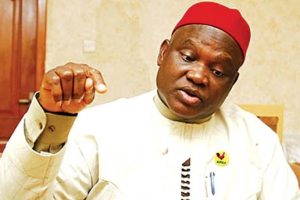
In a bold move to reform Nigeria’s oil sector, President Bola Tinubu has dismissed Mele Kyari as the Group Chief Executive Officer (GCEO) of the Nigerian National Petroleum Company (NNPC) Limited, along with other board members.
This decision, which takes effect from April 2, 2025, follows growing concerns about the corporation’s failure to meet key production targets and overall operational inefficiencies.
The presidency confirmed that the leadership shake-up was driven by the need for improved performance and efficiency in the NNPC, a vital institution in Nigeria’s economy. According to multiple government sources, Tinubu took the decision after assessing the company’s stagnation and inability to optimize crude oil production.
Performance-Based Reshuffle
Presidency officials who spoke on the matter explained that the overhaul was necessary to inject fresh ideas and expertise into the corporation. One official, speaking anonymously, emphasized that the previous leadership had struggled to drive progress, with some executives becoming obstacles rather than enablers of growth.
“The president made this decision purely on performance grounds,” the official stated. “We need a different approach because the previous leadership was not delivering the results expected. The NNPC has remained stuck in the same cycle for years, failing to maximize oil production and optimize our assets. It was clear that we needed a fresh direction.”
Another government insider clarified that the shake-up was not linked to Kyari’s age or tenure but rather to the need for a results-driven approach. The source highlighted that the NNPC operates as a limited liability company and is not bound by traditional civil service regulations regarding retirement age.
“The focus here is not about how long Kyari has been in office but about performance,” the official explained. “President Tinubu has set clear targets, particularly in crude oil and gas production. The NNPC must work toward producing three million barrels of crude per day by 2030 and stabilizing production at two million barrels daily by 2027. Additionally, gas production must reach 10 billion cubic meters by 2030. These targets are non-negotiable.”
New Leadership and Strategic Direction
To lead this transformation, Tinubu appointed Bashir Ojulari as the new Group CEO of NNPC Limited, effective immediately. Ojulari, an experienced industry professional, is expected to bring a renewed focus on efficiency, transparency, and growth in the oil sector.
Government officials emphasized that this is the first time NNPC’s leadership is composed entirely of technocrats rather than political appointees. “These new leaders are industry experts with deep knowledge of the oil and gas sector. They understand the challenges and are equipped to implement meaningful reforms,” a presidency source noted.
The administration is determined to reposition the NNPC as a globally competitive entity, capable of attracting investment and boosting Nigeria’s economic fortunes. Key reforms will include reviewing all existing oil blocks, identifying underperforming assets, and ensuring full optimization to increase production capacity.
Nigeria has struggled to meet its OPEC production quota for decades, with output stagnating due to various operational and regulatory challenges. This leadership change signals the Tinubu administration’s resolve to tackle these inefficiencies head-on and set the NNPC on a path to sustained growth.
With a renewed mandate and a clear performance-driven strategy, the new leadership at NNPC faces a critical task: turning around Nigeria’s oil industry and meeting the ambitious production targets set by the president.





